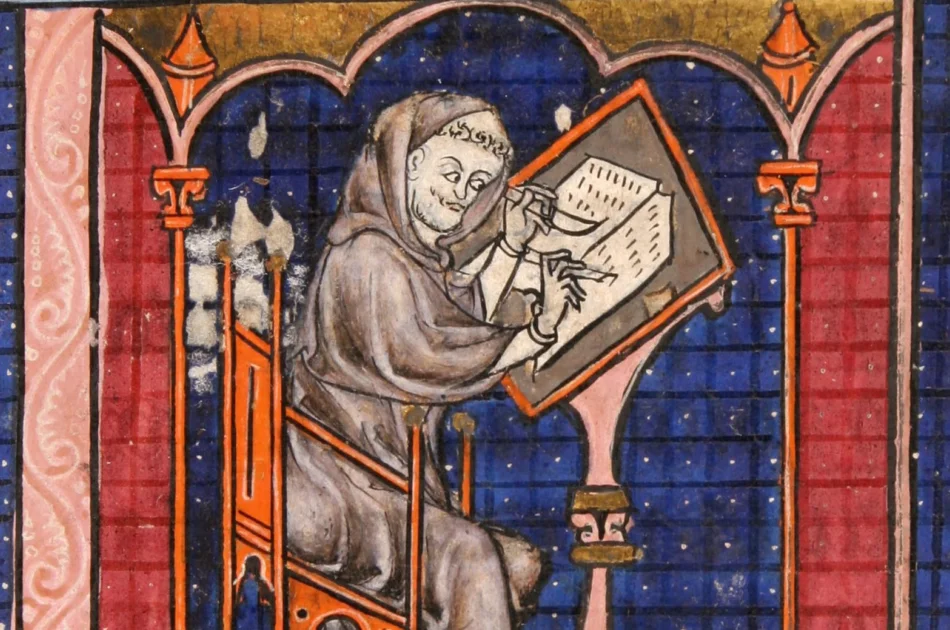You might be wondering what this series of reflections has to do with the stated purpose of the “Continuing in the Word” blog, “Perspectives on Homeschooling and Classical Christian Education from Scholars Online”, so instead of reflections on an event of the day today, let’s take a moment to talk about one of the practical aspects of Classical Christian Education: formulating our perspectives on those events, ideas, and people we encounter.
In his essay “Classical Studies and Christian Education”, Dr. Bruce McMenomy lists three of his own observations about classical education:
- Classical education is, in the broadest sense, language education.
- Any real education is a kind of game.
- Classical education is bound to be hard.
Learning to write well, and to express what we are thinking clearly and concisely, is one of the goals of a classical education, partly acquired by carefully reading examples of good writing from the past — hence the emphasis in classical education on studying Greek and Latin language and literature. But it is also acquired in practice: to develop proficiency in a language, we have to use it actively. We can’t just study grammar rules or even read examples, we have to speak it or write it.
One way to make this a deliberate practical exercise is to turn writing daily into a game. When something catches our attention, can we describe it? Can we both look at it closely but also put it in perspective and view it in different contexts? Can we see how it relates to other things we know, to our own experience, to the moral challenges we face, or how it challenges our presuppositions?
Writing even short notes like the ones for The Commons can be hard: we might not feel particularly inspired to think about this thing or that carefully; we might be distracted by whatever else is going on in our lives, or the press of other commitments. But part of the practice of classical education is learning to discipline ourselves to use the tools we are given, not just for course assignments, but outside the classroom. We need to make them part of how we think, and the person we want to become.

